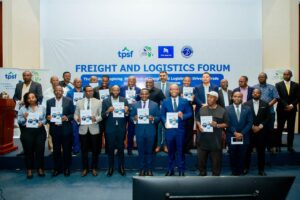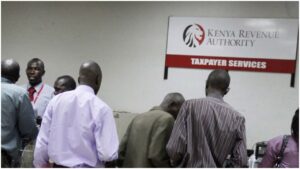Opinion: The Flawed Logic of “One Man, One Vote, One Shilling”

Antonellah kakuko. Director digital communications,UDA PARTY
By :Antonellah Kakuko Director of Digital Communications, UDA Party
The “one man, one vote, one shilling” principle championed by Deputy President Rigathi Gachagua is not only unconstitutional but also discriminative towards Kenya’s marginalized communities.
This approach fails to consider the constitutional mandate for equitable resource distribution and the necessity for affirmative action to address historical inequalities.
Kenya’s Constitution emphasizes the need to account for economic disparities and to provide affirmative action for disadvantaged areas when allocating national resources.
This ensures that all regions develop equitably, fostering balanced national growth. The principle of “one man, one vote, one shilling,” which focuses solely on population, neglects these critical factors.
As a pastoralist child, I am deeply troubled by Gachagua’s stance. Does it imply that regions like Lamu, Tana River, Garissa, Isiolo, Turkana, Taita Taveta, Marsabit, Baringo, Samburu, and West Pokot are less significant to the nation? Such a notion undermines the unity and inclusive development that our country needs.

Equitable resource distribution requires considering the unique challenges and needs of each region. Population alone cannot be the sole criterion for funding allocation.
If every part of the country were equally developed, this approach might make sense. However, given the stark disparities in development and service provision across Kenya, using population as the primary basis for resource allocation is unconstitutional and unfair.
The Constitution’s emphasis on equality, affirmative action, and equity aims to achieve true equality, not just in theory but in practice. Treating every region equally without regard to their specific needs is inherently unequal. Population is a relevant factor, but it must be balanced with considerations of equity and development needs.
The pastoralist communities have been marginalized for decades. We demand fair treatment and equitable resource distribution. Our call for “one man, one kilometer, one shilling” reflects our demand for justice in resource allocation.
Kenya belongs to all of us, and concentrating prosperity in one region is dangerous and unjust.
Equitable development of all regions, including the northern and southern parts of Kenya, is essential for the country’s rapid and balanced growth.
It is time for all communities, regardless of their geographical location, to receive the attention and resources they deserve.




